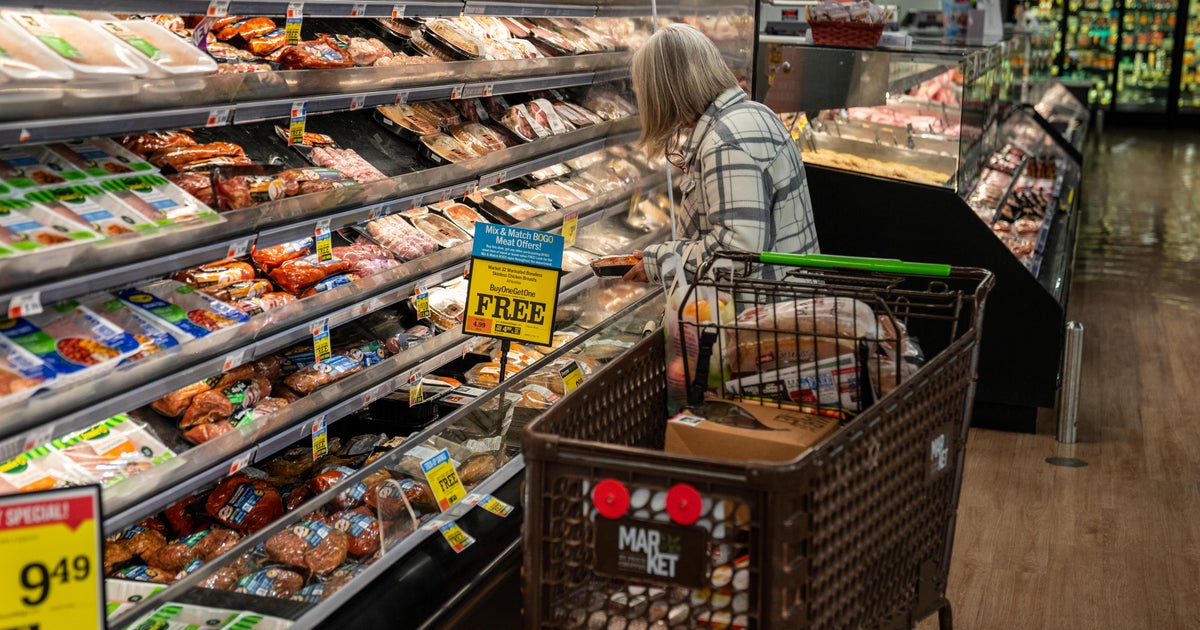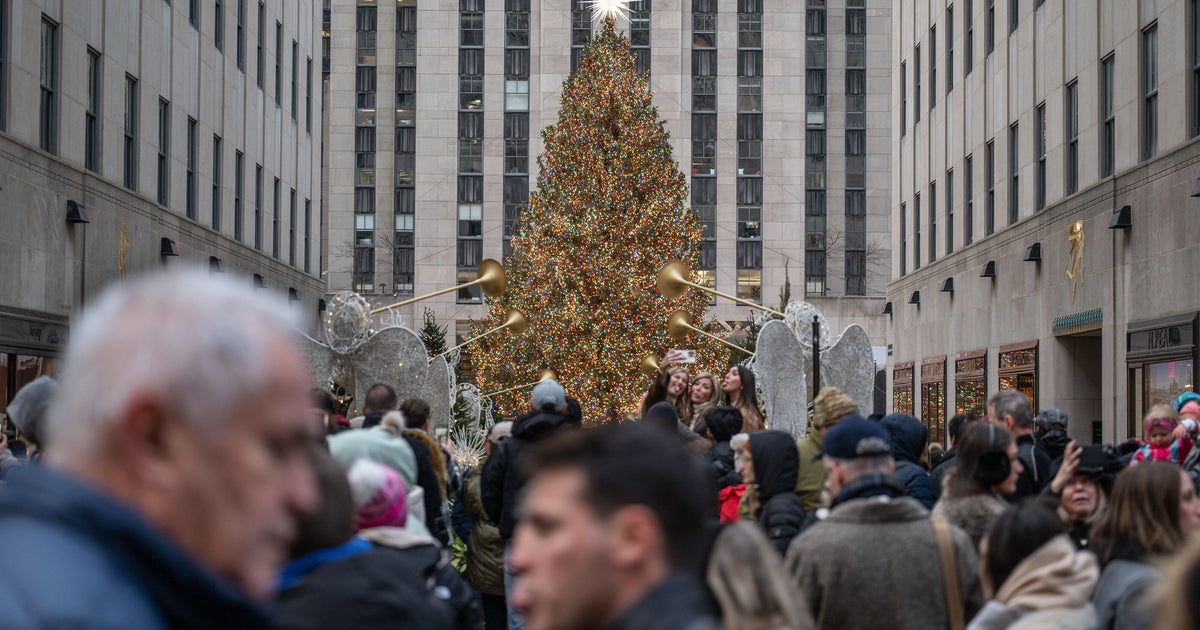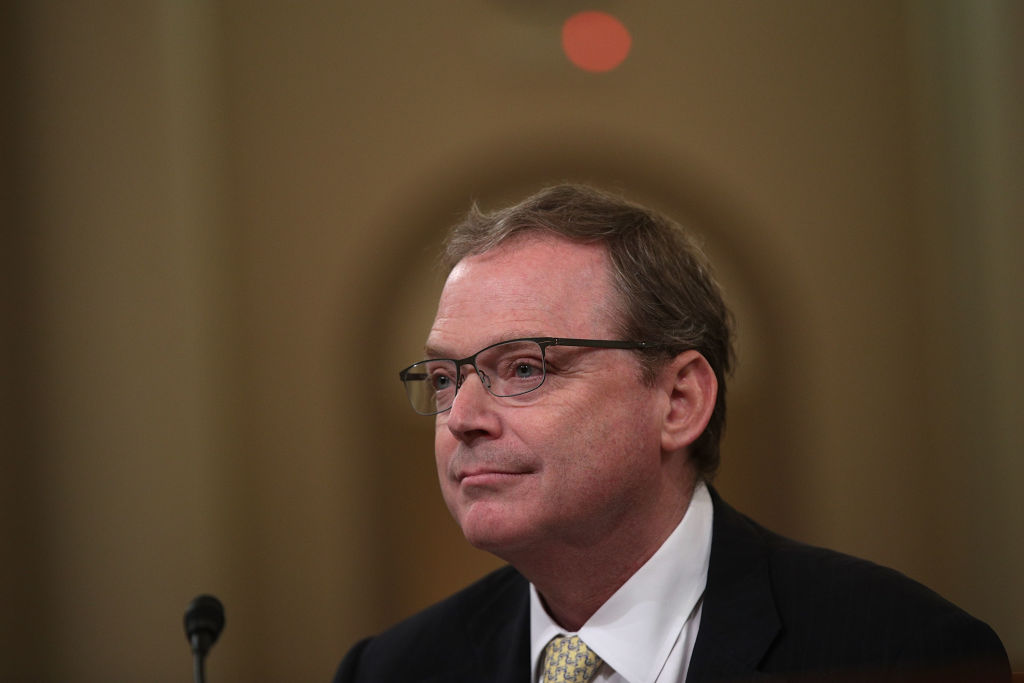Will the U.S. economy slip into recession in 2016?
Hip hip, hooray for the U.S. economic recovery! Unemployment is down, consumer confidence is up and the "animal spirits" that keep America Inc. hopping are finally reawakening. The Federal Reserve feels optimistic enough to have turned the page on the Great Recession earlier this month by raising interest rates for the first time since 2008. Phew, glad that's over.
Or is it? Although most professional forecasters expect the U.S. economy next year to continue its slow trudge back to respectability, some experts see danger on the horizon.
In a December report, Citi Research analysts put the probability of the U.S. entering a new recession -- two consecutive quarters of shrinking economic growth -- at 65 percent. That prediction is partly rooted in history.
Looking at previous recessions in the U.S., U.K., Germany and Japan between 1970 and 2014, the bank found that the odds of a downturn cross 50 percent roughly five years into a recovery (see graph below). Notably, the U.S. is in year seven of its post-recession rebound.
But it's not only the past that augurs another economic slump. In the ever-uncertain present, a number of headwinds threaten next year to batter the fragile U.S. recovery into submission. And by far the most powerful of these storms is the ongoing economic turbulence in China, Brazil, Turkey and other emerging markets.
Economist David Levy, chairman of The Jerome Levy Forecasting Center LLC, bluntly predicts that worsening global economic conditions in 2016 will pull the U.S. into a recession by the third quarter.
"We're really seeing emerging markets slowing a lot, with a few countries already in recession," he said, likening financial markets' general apathy about the air whooshing out of these economies to the blinkered bullishness that prevailed in 2007 shortly before the U.S. housing bubble burst.
The main reason emerging economies are struggling, in a word: overcapacity. After decades of investing in roads, factories, high-speed trains, housing and other hallmarks of a modern economy, these countries have too much industrial firepower and too little demand to sustain the hot-house growth required to justify all that spending.
For the U.S., a recession triggered by economic deterioration abroad would be a first. Typically, bouts of declining domestic growth are caused by a downdraft in domestic demand, often as a result of high interest rates that stifle borrowing and investment, decreasing wages, weak spending, eroding consumer confidence, rising prices and other factors that combine to short-circuit economic activity.
This time around, the next road to recession is likely to pass through Beijing. China's efforts to "rebalance" the world's second-largest economy away from manufacturing and investment toward consumption, like the U.S., have led to a dramatic slowdown that's unlikely to reverse in 2016, Levy said.
"China will continue to try to push buttons to make its economy better," he said. "Unfortunately there's no button that can solve its fundamental problems of extreme overinvestment and overcapacity."
Citi Research expects China's currency, the renminbi, to weaken next year, which would almost certainly spread deflation to other parts of the world.
The U.S. is already feeling the impact of a global slowdown. Manufacturers are hurting as a result of ebbing demand overseas, while corporate profits have been falling for a year, hampering companies' ability to grow.
If the Fed is confident about the future, Americans are more fearful. People are less optimistic about how the U.S. economy will fare next year than they were in January, according to a new survey by the Pew Research Center. Three-quarters of those polled rate economic conditions as fair or poor.
With a storm whipping up across the Pacific, Levy thinks it's a mistake to fixate on the Fed's move last week to hike U.S. interest rates by 0.25 percent, a move some critics said could harm the economy.
"The global downturn does not have to be caused by rising interest rates or any other new development, because it is already developing and will continue to do so, barring some extraordinary new positive influence," he wrote in a recent report.
Under this view, the U.S. economy may look stable as measured by conventional measures of growth, such as job creation and GDP. But beneath the surface, the cracks left by the recession, from high household debt to tepid corporate profits, have left American consumers and businesses vulnerable to large external shocks -- of the kind now starting to ripple through emerging markets.
Worse, central banks around the world have already pared rates to the bone, leaving little monetary ammunition to train on the next recession.
How can Americans, especially investors, gird for a possible recession? Proceed with care.
"What people can do, realistically, is bring an extra dose of skepticism to whatever kind of investing they're doing," Levy said, expressing a preference for cash or Treasurys.
"You're better off holding stocks of good-size, solid companies but that aren't too exposed to the rest of the world," he said. "History goes through phases. It's not advice you should take forever, but conditions are dangerous. We're in a cycle where you have to be careful."





